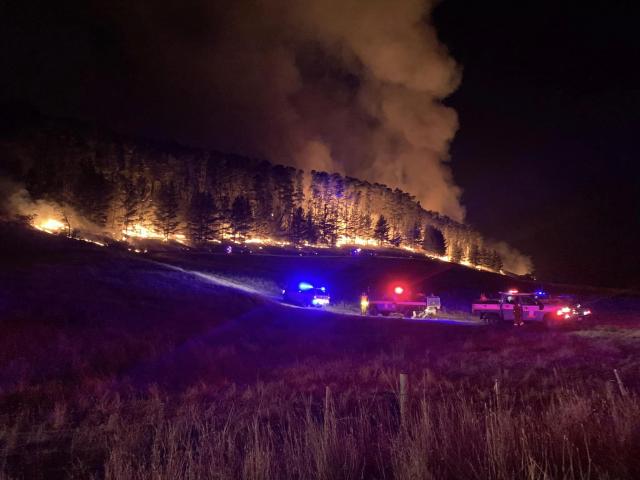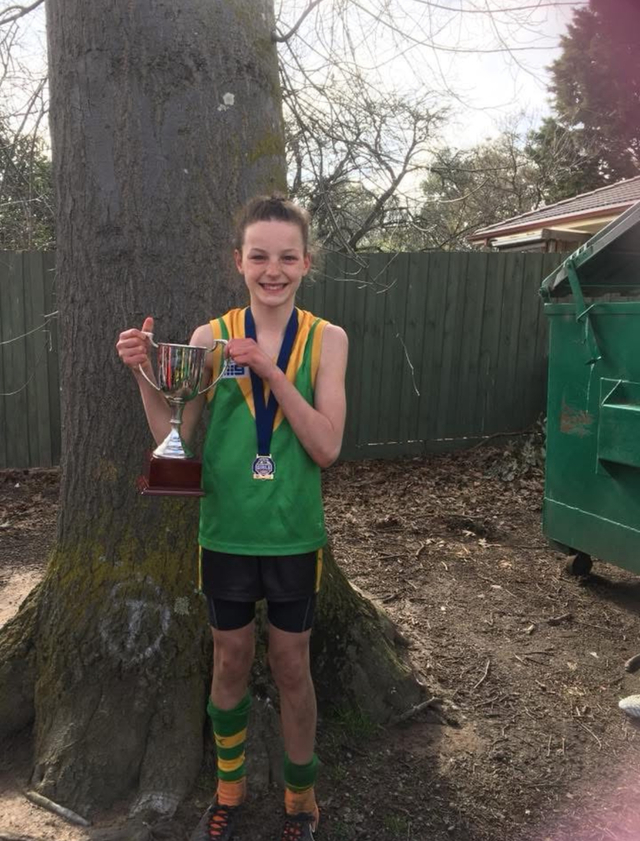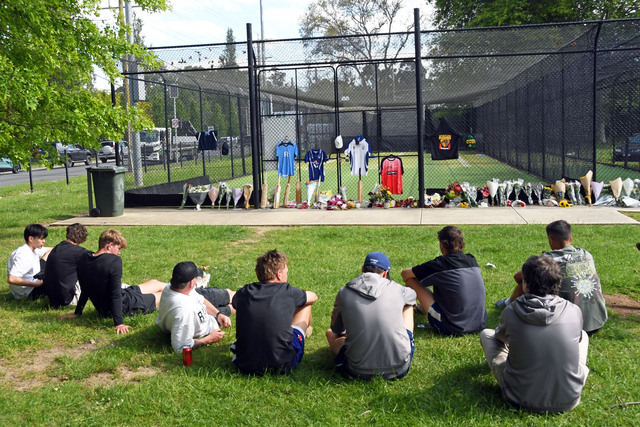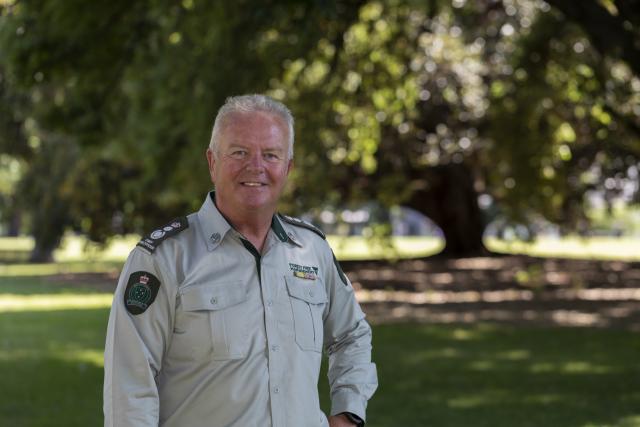This is the first in a series of three articles by Christine Yunn-Yu Sun featuring the 2022 Cities of Literature Meeting hosted by Melbourne, our own UNESCO City of Literature since 2008.
The 2022 Cities of Literature Network Meeting recently took place in Melbourne, attended by representatives from 26 of the world’s 42 Cities of Literature.
Three concurrent roundtables were held during the week-long event to address the question: “How will the last five years impact your next five years?” Discussions focused on three themes – literary programming, libraries, and reader development.
Participants at the “Reader Development” Roundtable included delegates from Angoulême, Bucheon, Dublin, Dunedin, Exeter, Gothenberg, Granada, Heidelberg, Jakarta, Ljubljana, Milan, Norwich, Quebec, Nottingham, and Seattle, Also present were literary professionals from Australian Poetry, City of Melbourne Libraries, Kids’ Own Publishing, Pantera Press, PEN Melbourne, the Wheeler Centre, and Writers Victoria – just to name a few.
As everyone noted, confronted by widespread, large-scale COVID pandemic lockdowns in the past two years, cities around the globe had to “go digital” and shift their focus online to facilitate reading and foster readership.
A wide variety of stories and experiences were shared. For example, Damjan Zorc from Ljubljana pointed out various challenges in launching online book fairs to promote and connect publishers across Slovenia.
In South Korea, students were “told to study”, but Soyoung Jung from Bucheon highlighted the city’s considerable efforts to promote “global citizenship” and encourage reading on themes such as gender equality, social justice, and community cohesion.
Anne-Marie Kelly from Dublin emphasised the importance of universal themes such as human friendship in these unusual and uncertain times. In contrast to books by established and well known local authors such as Edna O’Brien’s The Country Girls Trilogy in 2019 and Christine Dwyer Hickey’s Tatty in 2020, in 2021 the city “took a risk and gambled” on debut author Rónán
Hession’s Leonard and Hungry Paul as the One Dublin One Book choice.
According to Dublin UNESCO City of Literature website, the book celebrates “those uncelebrated people who have the ability to change the world, not by effort or force, but through their appreciation of all that is special and overlooked in life”. Thanks to the city’s efforts to make the book available to borrow from libraries, electronically via BorrowBox, and to buy from bookstores across Ireland, it has been extremely popular in digital, audio and print formats.
Laura Prinsloo from Jakarta described how local authors and publishers learned to become digital content creators and even studio producers, using social media and especially TikTok to promote their publications. Hannah Trevarthen from Nottingham further explained how the city’s libraries kept up with the times by learning what was trendy on Netflix so that readers can “binge read” content related to popular shows and movies.
Nicky Page from Dunedin showcased a different approach, with the city inviting authors and poets to film themselves reading and writing stories. These recordings of “daily history” were shared online using social media, before being archived for future generations to glimpse what it is like to experience a global pandemic. The project encouraged people to connect and collaborate while still feeling safe and comfortable in their own private time and space.







